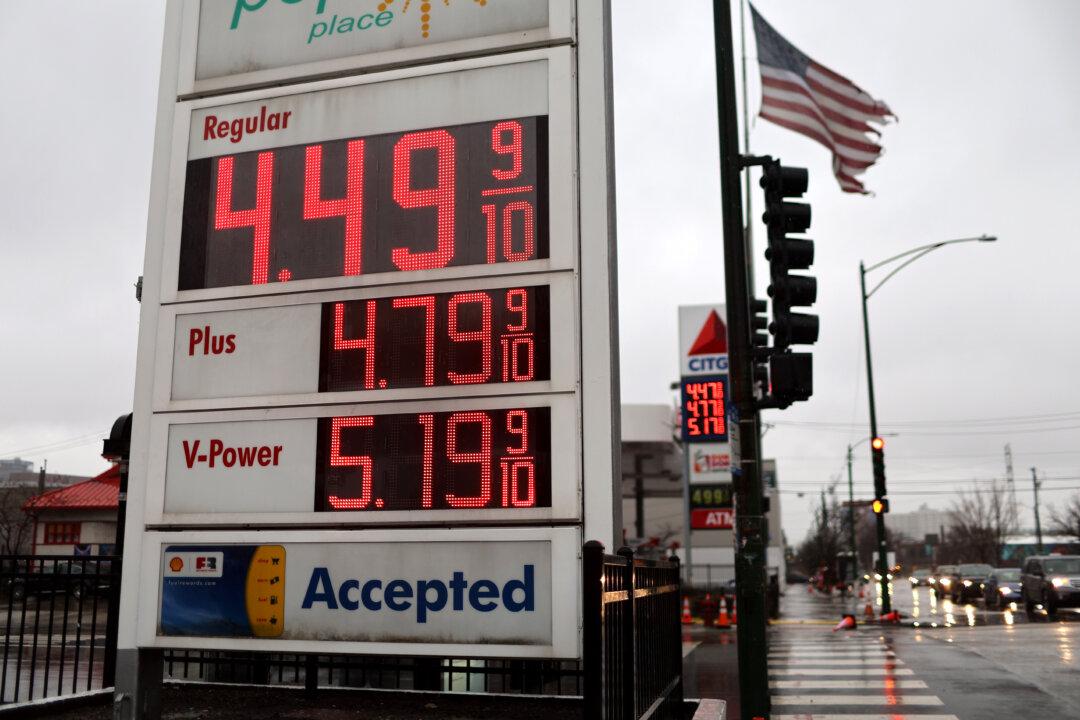The White House is threatening to veto the House Republicans’ pro-fossil-fuel legislative package that defies President Joe Biden’s progressive climate-focused agenda.
The 175-page bill, known as the Lower Energy Costs Act and given the symbolic priority of H.R. 1, is heading to a vote later this week.





